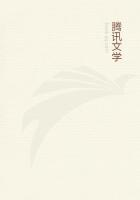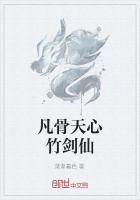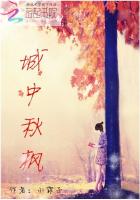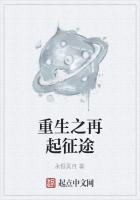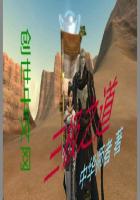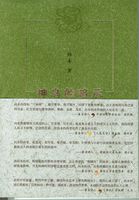Contentment is one of the mysteries of existence. We should naturally think that excitement and pleasure and knowledge would make people happy, since they stimulate the intellectual powers;but on the contrary they seem to produce unrest and cravings which are never satisfied. And we should naturally think that a life of isolation, especially with no mental resources,--a hard rural existence, with but few comforts and no luxuries,--would make people discontented. Yet it does not seem to be so in fact, as illustrated by the apparent contentment of people doomed to hard labor in the most retired and dreary retreats. We wonder at their placitude, as we travel in remote and obscure sections of the country. A poor farmer, whose house is scarcely better than a hovel, surrounded with chickens and pigs, and with only a small garden,--unadorned and lonely and repulsive,--has no cravings which make the life of the favored rich sometimes unendurable. The poorer he is, and therefore the more miserable as we should think, the more contented he seems to be; while a fashionable woman or ennuied man, both accustomed to the luxuries and follies of city life, with all its refinements and gratification of intellectual and social pleasures, will sometimes pine in a suburban home, with all the gilded glories of rich furniture, books, beautiful gardens, greenhouses, luxurious living, horses, carriages, and everything that wealth can furnish.
So that civilization would seem often a bitter mockery, showing that intellectual life only stimulates the cravings of the soul, but does not satisfy them. And when people are poor but cultivated, the unhappiness seems to be still greater;demonstrating that cultivated intellect alone opens to the mind the existence of evils which are intensified by the difficulty of their removal, and on which the mind dwells with feelings kindred to despair. I have sometimes doubted whether an obscure farmer's daughter is any happier with her piano, and her piles of cheaply illustrated literature and translations of French novels, and her smatterings of science learned in normal schools, since she has learned too often to despise her father and mother and brother, and her uneducated rural beau, and all her surroundings, with poverty and unrest and aspiration for society eating out her soul. The happiness produced merely by intellectual pleasures and social frivolities is very small at the best, compared with that produced by the virtues of the heart and the affections kindled by deeds of devotion, or the duties which take the mind from itself.
Intellectual pleasures give only a brief satisfaction, unless directed to a practical end, like the earnest imparting of knowledge in educational pursuits, or the pursuit of art for itself alone,--to create, and not to devour, as the epicure eats his dinner. Where is the happiness of devouring books with no attempt to profit by them, except in the temporary pleasure of satisfying an appetite? So even the highest means of happiness may become a savor of death unto death when perverted or unimproved. Never should we stimulate the intellect merely to feed upon itself.
Unless intellectual culture is directed to what is useful, especially to the necessities or improvement of others, it is a delusion and a snare. Better far to be ignorant, but industrious and useful in any calling however humble, than to cram the mind with knowledge that leads to no good practical result. The buxom maiden of rural life, in former days absorbed in the duties of home, with no knowledge except that gained in a district school in the winter, with all her genial humanities in the society of equals no more aspiring than herself, is to me a far more interesting person than the pale-faced, languid, discontented, envious girl who has just returned from a school beyond her father's means, even if she can play upon an instrument, and has worn herself thin in exhausting studies under the stimulus of ambitious competition, or the harangues of a pedant who thinks what he calls "education" to be the end of life,--an education which reveals her own insignificance, or leads her to strive for an unattainable position.

